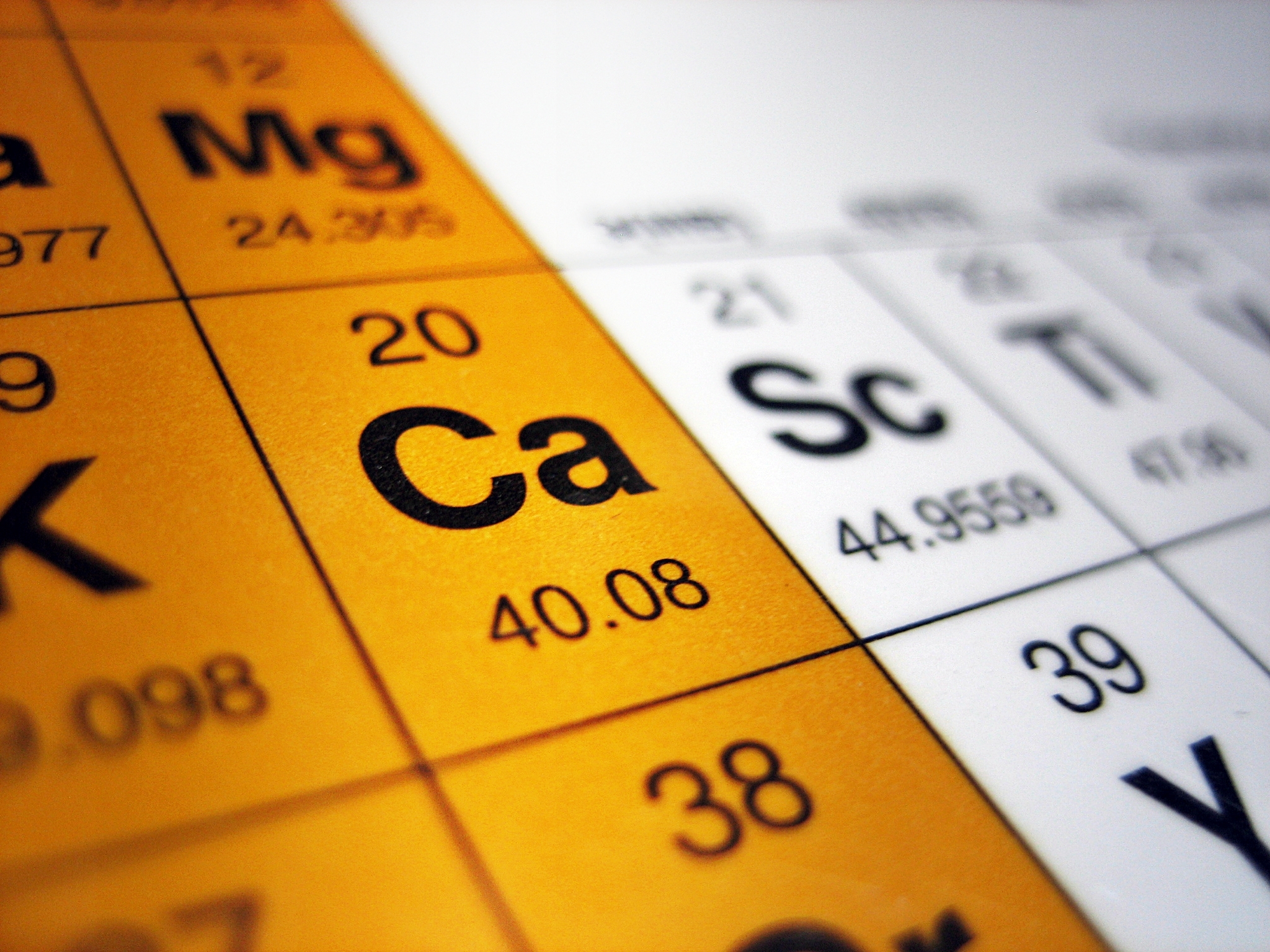My calcium levels are not dropping, they have been consistently at 465ppm for 2 weeks. I’m more concerned that my corals aren’t consuming much calcium than the actual level it’s at.
parameters
temp 26°C
Salinity 35.2ppm
Nitrate 1ppm
Phosphate 0.04ppm
Alkalinity 8.6dKH
Calcium 465ppm
Magnesium 1380ppm
weekly 10% waterchabges using RedSea blue bucket.
tank volume 150L after displacement. I have many corals majority are LPS and SPS. I have coralline algae but not a large mass yet, it is everywhere in tiny deposits.
I was using RedSea 3 part on the accelerated parameters with alkalinity of 11.5dKH. I have been gradually reducing this down to 8.5dKH for about 6 weeks as I want to start dosing a 2 part product which recommends a lower alkalinity. As my tank consumes 0.2-0.3dKH a day I just stopped dosing to allow it to decrease.
Since I started reducing my alk my calcium and magnesium have barely changed, they were all being consumed consistently when I was running higher alk I had to dose all 3 each day to maintain my targets.
What can I do to correct my levels? My corals look happy but I’m concerned that a problem is just around the corner.
Thanks.
parameters
temp 26°C
Salinity 35.2ppm
Nitrate 1ppm
Phosphate 0.04ppm
Alkalinity 8.6dKH
Calcium 465ppm
Magnesium 1380ppm
weekly 10% waterchabges using RedSea blue bucket.
tank volume 150L after displacement. I have many corals majority are LPS and SPS. I have coralline algae but not a large mass yet, it is everywhere in tiny deposits.
I was using RedSea 3 part on the accelerated parameters with alkalinity of 11.5dKH. I have been gradually reducing this down to 8.5dKH for about 6 weeks as I want to start dosing a 2 part product which recommends a lower alkalinity. As my tank consumes 0.2-0.3dKH a day I just stopped dosing to allow it to decrease.
Since I started reducing my alk my calcium and magnesium have barely changed, they were all being consumed consistently when I was running higher alk I had to dose all 3 each day to maintain my targets.
What can I do to correct my levels? My corals look happy but I’m concerned that a problem is just around the corner.
Thanks.
Last edited:
















